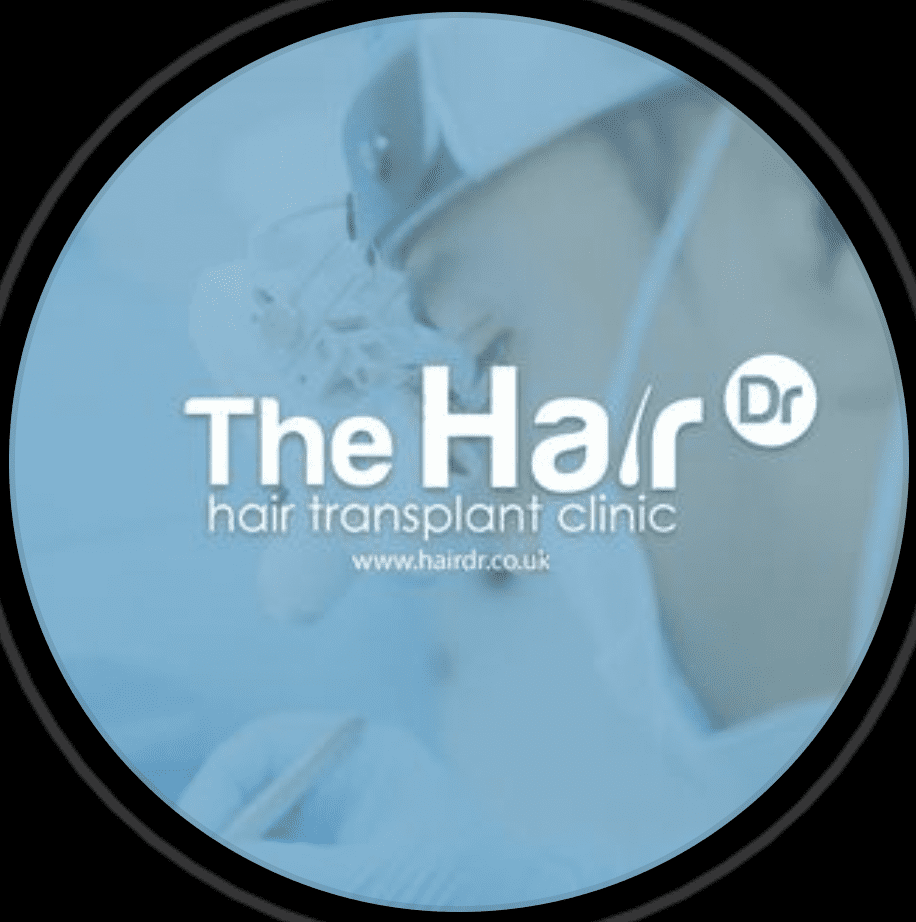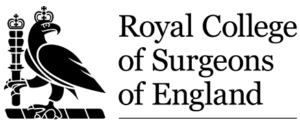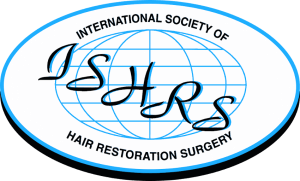Menopause, a natural phase marking the end of a woman’s reproductive years, brings about a myriad of changes in the body. Among these changes, hair loss can be particularly distressing for many women. In this comprehensive guide, we’ll delve into the question: Does hair loss from menopause grow back? Understanding the causes, treatments, and possibilities of hair regrowth during menopause is crucial for women navigating this phase of life.
Exploring Menopausal Hair Loss
What Triggers Hair Loss During Menopause?
Menopausal hair loss stems from hormonal fluctuations, primarily the decrease in estrogen levels. Estrogen plays a vital role in hair growth and maintenance. As its levels decline during menopause, hair follicles shrink, leading to thinner, weaker hair strands and eventual shedding.
Is Menopausal Hair Loss Permanent?
Contrary to common belief, menopausal hair loss isn’t always permanent. While some women may experience irreversible thinning, many find that their hair regrows once hormone levels stabilise. Understanding the factors influencing hair regrowth can provide hope and guidance to women facing this concern.
Understanding the Hair Growth Cycle
To comprehend whether hair loss from menopause can grow back, it’s essential to grasp the hair growth cycle. Hair follicles undergo phases of growth (anagen), transition (catagen), and rest (telogen). Menopausal hormonal changes can disrupt this cycle, leading to increased shedding and reduced regrowth.
The Role of Genetics in Menopausal Hair Loss
Genetics also play a significant role in determining hair loss patterns during menopause. Women with a family history of androgenetic alopecia, commonly known as female pattern baldness, are more susceptible to significant hair thinning. However, even with genetic predispositions, interventions can promote hair regrowth.
Seeking Solutions: Treatments for Menopausal Hair Loss
Numerous treatment options are available to address menopausal hair loss and stimulate regrowth. From topical minoxidil solutions to oral supplements and hormone replacement therapy (HRT), women have various avenues to explore based on their unique needs and preferences.
Embracing Lifestyle Changes for Hair Health
In addition to medical interventions, adopting certain lifestyle changes can support hair regrowth during menopause. Incorporating a balanced diet rich in essential nutrients like iron, vitamins, and protein, managing stress levels, and practicing scalp care routines can nurture hair follicles and promote regrowth.
Consulting a Healthcare Professional
For women experiencing significant hair loss during menopause, seeking guidance from a healthcare professional is paramount. Dermatologists, endocrinologists, and gynaecologists can offer personalised assessments and recommend tailored treatments to address individual concerns effectively.
FAQs (Frequently Asked Questions)
Can Hormone Replacement Therapy (HRT) Help Regrow Hair Lost Due to Menopause?
Hormone replacement therapy, which replenishes estrogen levels, may aid in halting further hair loss and promoting regrowth in some women.
Are There Natural Remedies for Menopausal Hair Loss?
While natural remedies like herbal supplements and essential oils are popular, their effectiveness in regrowing hair lost during menopause varies. Consultation with a healthcare provider is advisable before trying any alternative treatments.
How Long Does It Take for Hair to Regrow After Menopause?
The timeline for hair regrowth post-menopause varies among individuals. While some may notice improvements within months, others may require a year or more to witness significant changes.
Can Stress Exacerbate Menopausal Hair Loss?
Yes, stress can exacerbate hair loss during menopause by triggering hormonal imbalances and disrupting the hair growth cycle. Implementing stress-reduction techniques like meditation and yoga may help mitigate its effects.
Are There Any Dietary Supplements That Promote Hair Regrowth During Menopause?
Several dietary supplements, including biotin, collagen, and vitamin D, are touted for their potential to support hair health and regrowth. However, scientific evidence supporting their efficacy in menopausal hair loss is limited.
Is Menopausal Hair Loss a Sign of Other Health Issues?
In some cases, menopausal hair loss may indicate underlying health issues such as thyroid disorders or nutritional deficiencies. Consulting a healthcare professional for thorough evaluation and diagnosis is advisable.
Conclusion: Hope and Empowerment
In conclusion, while menopausal hair loss can be distressing, it’s essential to recognise that regrowth is indeed possible for many women. By understanding the underlying causes, exploring treatment options, and embracing lifestyle changes, women can navigate this phase with confidence and optimism. Remember, seeking professional guidance and support is key to effectively addressing menopausal hair loss concerns.
If you’re experiencing menopausal hair loss, remember that you’re not alone. Contact us today to explore personalised treatment options and start your journey towards hair regrowth and renewed confidence.









